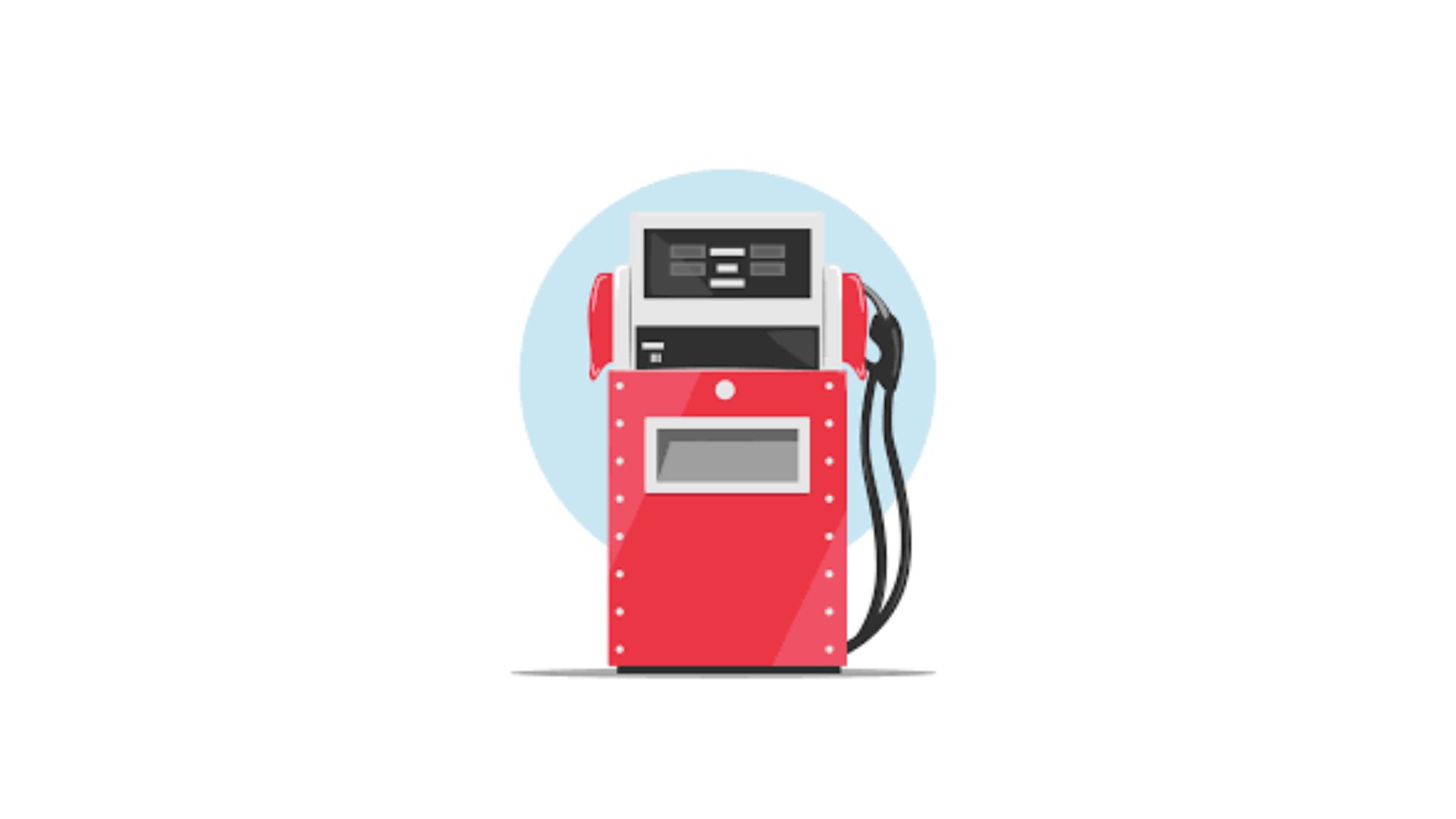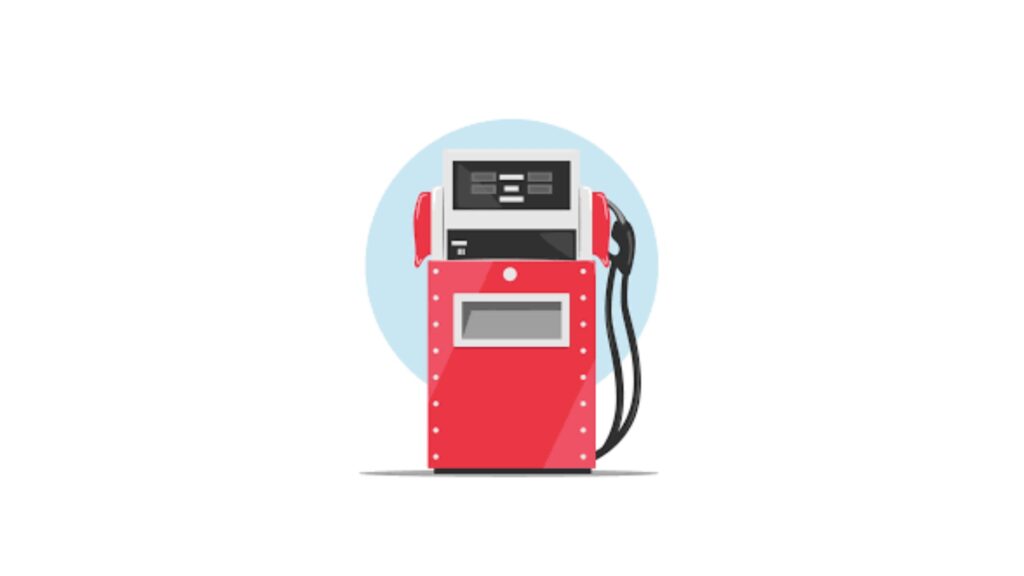
26 Jun Fuel Inclusion in GST: States Reluctant Despite Central Government Readiness

The decision on whether to include petrol and diesel under the Goods and Services Tax (GST) has been left to the states by Finance Minister Nirmala Sitharaman, with the central government expressing readiness for the move. However, many states are likely to resist, reluctant to relinquish significant revenue streams following the implementation of GST in 2017, which already curtailed their taxation powers.
Currently, petrol, diesel, natural gas, and aviation turbine fuel (ATF) remain outside the GST ambit and are subject to varying VAT rates, central excise duties, and state sales taxes. These levies contribute substantially to state revenues, with petroleum taxes alone constituting about 15% of state-owned tax revenues.
For instance, recent hikes in VAT by states like Karnataka and Goa have further increased fuel prices. Karnataka raised its sales tax on petrol and diesel to fund new initiatives, including free bus travel for women and subsidized electricity, illustrating the reliance on fuel taxes for funding essential state programs.
The complexity arises from the wide disparity in VAT rates across states—ranging from Telangana’s 35.20% on petrol to Maharashtra’s 24% on diesel—making consensus on GST inclusion challenging. Under GST, the highest tax slab is 28%, with revenue sharing between the Centre and states. However, states fear a potential revenue loss if fuel taxes are subsumed under GST, similar to the compensation mechanism that existed during the initial GST rollout.
While natural gas and ATF face fewer complications due to lower revenue implications and simpler tax structures, their inclusion under GST may precede that of petrol and diesel, which necessitates broader consensus-building among states.
Source: Moneycontrol


No Comments